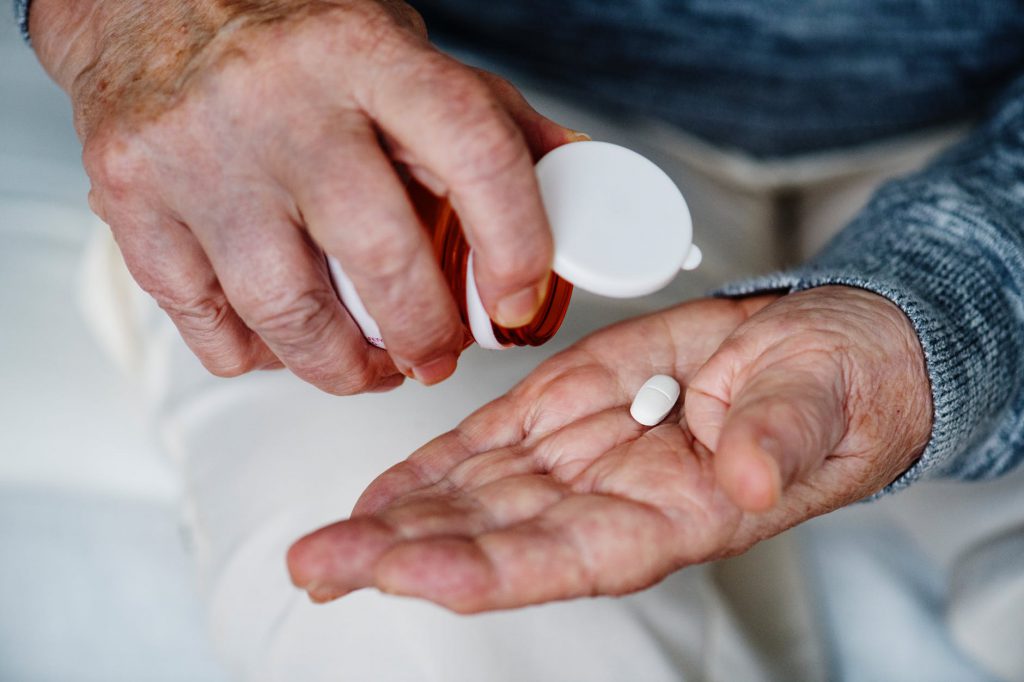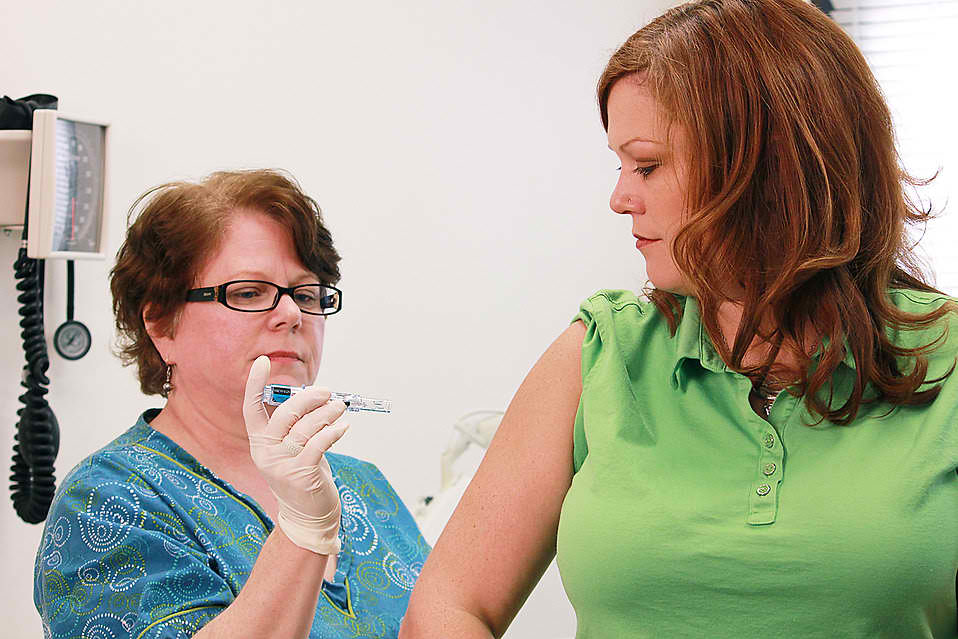More than half of the adult population of the United States regularly consumes at least one type of dietary supplement, the most common being various multivitamins. However, there are varying opinions on the effectiveness of such habits.
Generally speaking, vitamins and minerals are best consumed through a healthy diet, but when a woman begins to go through the process of menopause, she can surely benefit from the added boost of vitamins, minerals, and enzymes.
“the nutrients in supplements are synthetically created, as opposed to the ones found naturally in fruits and vegetables.”
What are the Pros and Cons in Taking Dietary Supplements?

Not all menopause supplements are created equal. While the right ones can be extremely beneficial to your health, they are not without risk. Relying solely upon supplements to get necessary nutrients is a bad habit to get into and should never replace a healthy, balanced diet.
It’s important to remember that the nutrients in supplements are synthetically created, as opposed to the ones found naturally in fruits and vegetables. With this in mind, taking an excessive amount of a certain supplement can lead to toxicity, causing nausea, diarrhea, fever, chills, and headache. In severe cases, the liver can become permanently damaged. However, because supplements provide a condensed amount of nutrients, it makes it easier, in theory, to track the amounts ingested.
Overall, supplements, especially when used regularly, should only be used when recommended by a doctor in the treatment of very specific medical issues- such as specific symptoms caused by menopause, including fatigue, sexual libido, and mood.
Supplements can also offer additional health benefits that combat chronic diseases. Fish oil is one of the most popular supplement choices on the market at the moment, and it has been demonstrated to assist in lowering blood pressure and risk of heart disease.
Another element to consider when opting for supplements is how they will react with other medications. For those who regularly take a medications, the vitamins and minerals in supplements can interfere with their effectiveness and even cause adverse side effects.

For example, vitamin K can reduce the efficiency of blood thinners, while St. John’s Wort may render birth control pills and antidepressants ineffective. This is why it’s so important to discuss supplements with a doctor before beginning any regimen.
Do You Really Need Them?
“Those with certain vitamin or mineral deficiencies can make sure that they are staying healthy by taking certain supplements, such as those with bone issues taking extra vitamin D.”
The short answer is: it depends. Supplements are a multi-billion dollar industry. Why would people take something if the health benefits were negligible or virtually nonexistent? Oftentimes, people think of a supplement- a blanket term for synthetic vitamins, minerals, herbs, and/or plant extracts- as something extra that they can take to up their doses of a particular nutrient, improving overall health more quickly.
However, feeling super satiated in nutrients because of taking a supplement is much more likely to be a result of the placebo effect. Generally speaking, people think that they feel healthier if they do something that makes them believe this.
There are some people, though, who do greatly benefit from supplements. Those with certain vitamin or mineral deficiencies can make sure that they are staying healthy by taking certain supplements, such as those with bone issues taking extra vitamin D. This can be incredibly beneficial and is often recommended by doctors, especially if the person can’t get her recommended daily levels through food.
Do You Need to Ask Your Doctor’s Advice Before Taking One?
A doctor should always be consulted before making any major dietary and/or health changes. This is particularly true for menopausal women, as the body is already undergoing major changes during this period of life.
Furthermore, middle-aged people are more likely to have other health concerns, often those which warrant a regular medication routine. As previously mentioned, certain supplements can react adversely with medications, and only a doctor will be able to recommend the best course of action.
“Taking supplements specially designed to address issues common to menopausal women can provide a plethora of benefits”
Conclusion

Taking supplements specially designed to address issues common to menopausal women can provide a plethora of benefits, with very little relative risk. Just because the body is aging, it should not mean that desire and arousal go out the window.
Sources & References:
https://www.livestrong.com/article/355831-pros-cons-of-dietary-supplements/
https://www.health.harvard.edu/staying-healthy/do-you-need-a-daily-supplement





















